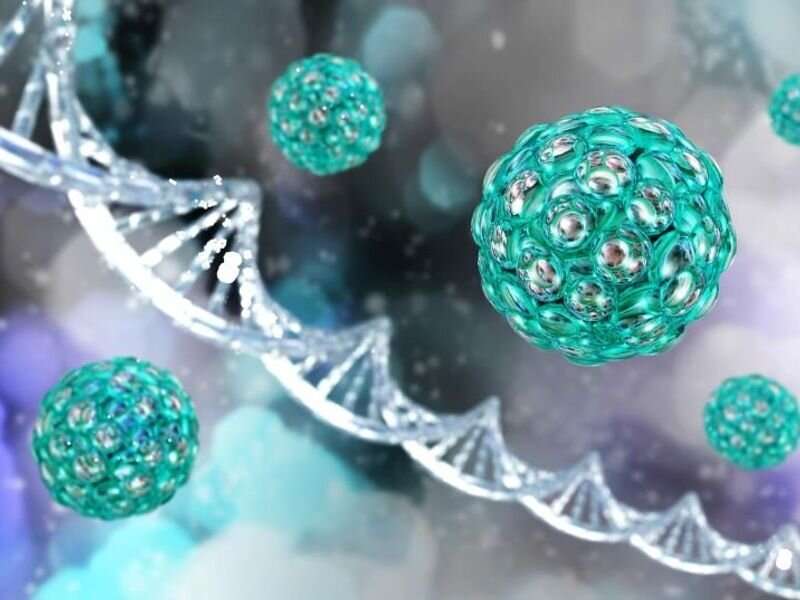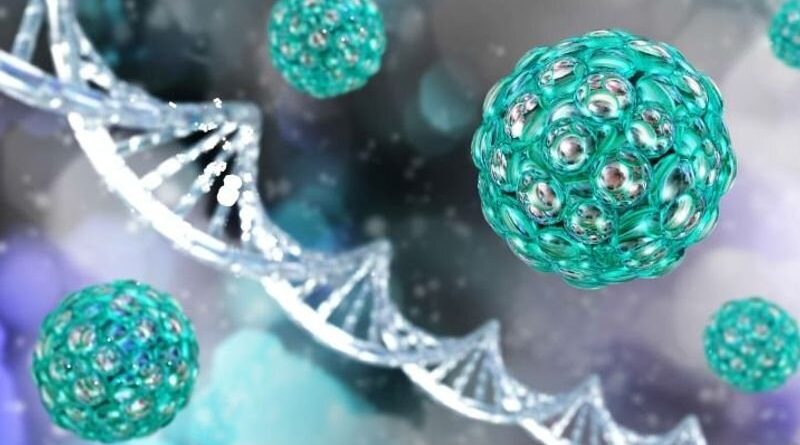Allogeneic stem cell transplant feasible for leukemia in elderly patients

In elderly adults aged 60 years and older with acute myeloid leukemia (AML) or myelodysplastic syndrome (MDS), allogeneic hematopoietic stem cell transplant (HSCT) can be performed with acceptable overall survival and nonrelapse mortality, according to a study published online Jan. 18 in the Yonsei Medical Journal.
Young Sok Ji, from Soonchunhyang University Bucheon Hospital in South Korea, and colleagues compared clinical outcomes of 116 patients aged 60 years or older who had AML or MDS and underwent allogeneic HSCT.
The researchers found that neutrophil and platelet engraftment were achieved at a median of +11 and +14 days, respectively. A complete donor chimerism was confirmed in 56.0 and 54.3 percent of patients at three weeks and three months after HSCT, respectively. At day 100, the estimated incidence of grade II to IV acute graft-versus-host-disease (GVHD) was 13.7 percent.
At two years, the estimated incidence of chronic GVHD was 38.8 percent. Overall survival was 64 and 55 percent at one and two years, respectively, and nonrelapse mortality was 20 and 28 percent, respectively. In a multivariate analysis, male sex and Hematopoietic Cell Transplantation-Specific Comorbidity Index ≥3 were associated with poor overall survival.
“With careful patient selection and appropriate use of reduced intensity conditioning, it is thought that allogeneic HSCT can be actively applied to elderly patients,” the authors write.
More information:
Young Sok Ji et al, Clinical Experience of Allogeneic Hematopoietic Stem Cell Transplantation in Elderly Patients Aged 60 Years and Older in South Korea, Yonsei Medical Journal (2023). DOI: 10.3349/ymj.2022.0331
Copyright © 2023 HealthDay. All rights reserved.
Source: Read Full Article
